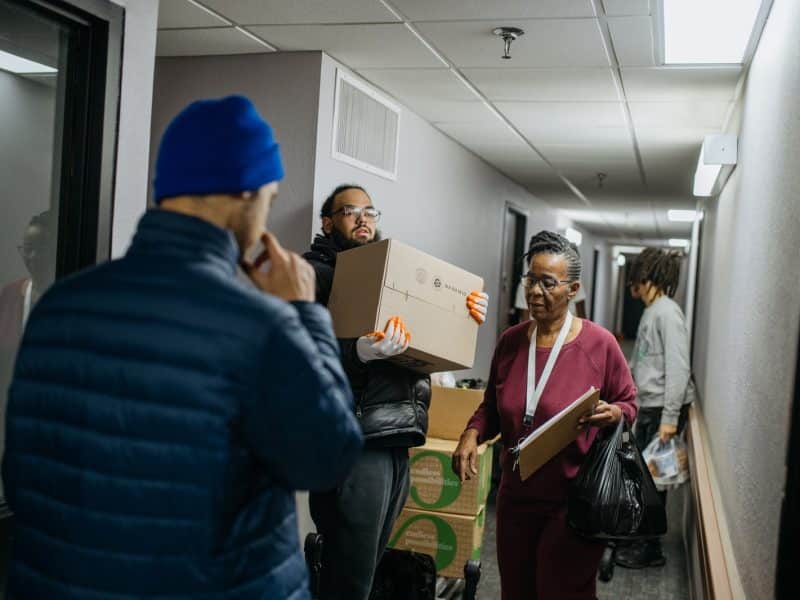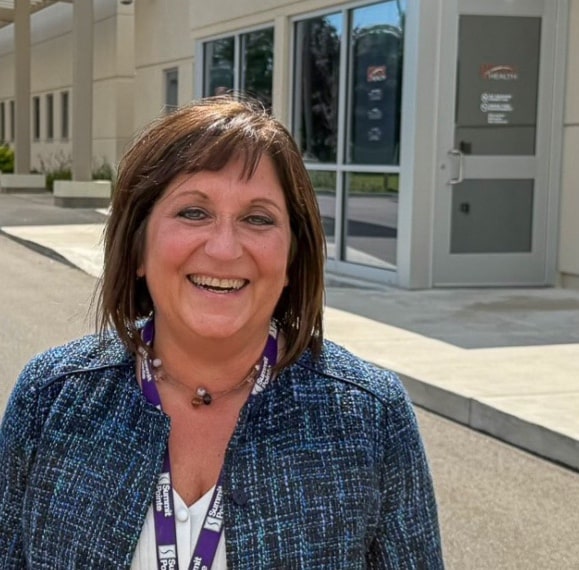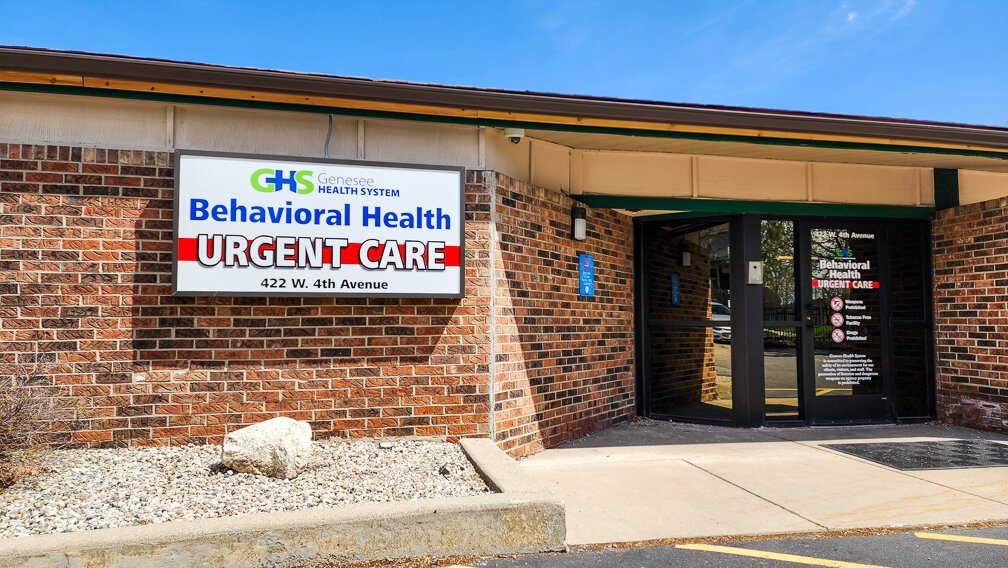
Michigan’s community mental health agencies face deep revenue gaps this year — a projected $93 million.
The MI Mental Health series highlights the opportunities that Michigan's children, teens, and adults of all ages have to find the mental health help they need, when and where they need it.
Michigan’s community mental health agencies face deep revenue gaps this year — a projected $93 million — even after a partial revenue gap closing rate adjustment was made in April 2024. The Community Mental Health Association of Michigan (CMHA) and its members have engaged in a months-long advocacy effort to close this gap, which is now impacting the current fiscal year and threatens services in 2025.
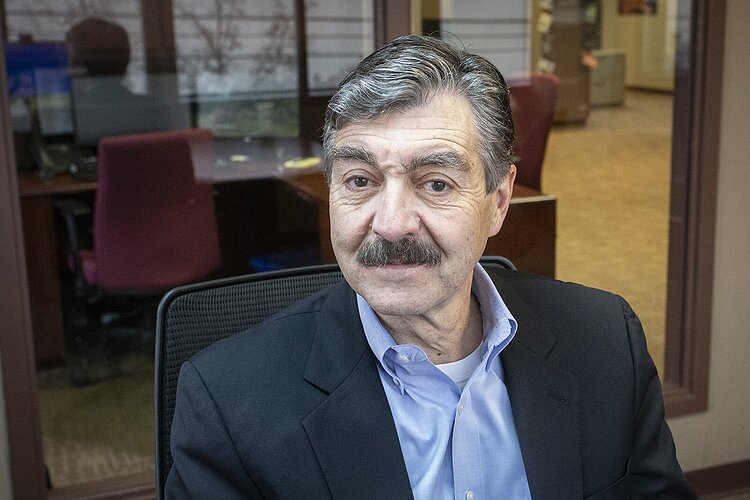
“We have contended that the rates in the last 15 years have been below the actual need for Medicaid behavioral health services,” says CMHA CEO Robert Sheehan. “This is another $93 million below that.”
What caused the gap? During the COVID-19 public health emergency, Medicaid re-enrollments and redeterminations across the country and within Michigan were frozen. This increased the number of Michigan’s Medicaid recipients. With the end of the pandemic, Medicaid reinstated the requirement that people receiving Medicaid re-enroll every year. As a result, more than 700,000 Michiganders lost their Medicaid coverage.
“Enrollments dropped so far below what we expected,” Sheehan says. “Costs have not stayed the same, they have gone up because of increased wages, increased provider costs, and increased demand.”
Medicaid is the primary funder of Michigan’s public mental health system — including the 43 community mental health agencies serving all 83 counties. These funds are paid based on the number of Michiganders on Medicaid. As the number of Medicaid beneficiaries dropped significantly over the past year, so did the revenue provided to the state’s public mental health system. The vast majority of the Michiganders who receive Medicaid-covered mental health services from the state’s public mental health system live with disabilities that require high-cost mental health care.
“It’s like all insurance,” Sheehan says. “They cover everyone, and we serve whoever shows up.”
To make matters worse, errors in Michigan’s Medicaid redetermination process have exacerbated this deficit. Medicaid beneficiaries who are disabled, aging, or 65+ years of age and have long had coverage mistakenly are being enrolled in Plan First, which covers only family planning services — not the comprehensive range of other physical and mental health services these people need. This has further reduced revenue for the state’s public mental health system.
“While family planning is a good thing, Plan First doesn’t cover any of the services that they need to live a normal life in the community,” Sheehan says.
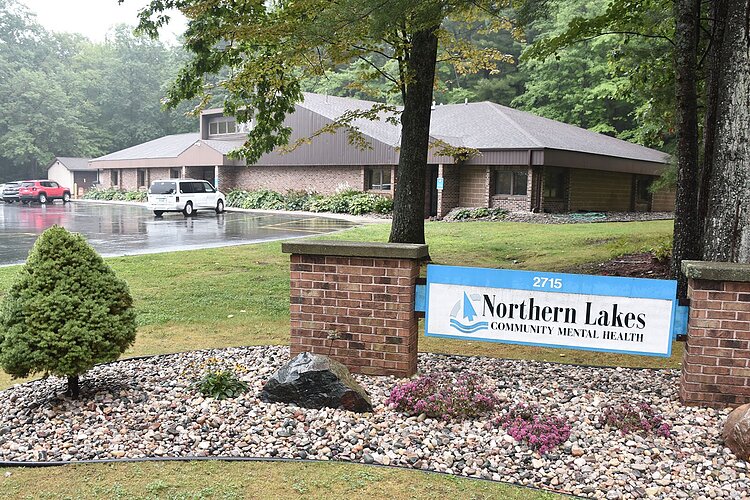
Services at risk in both urban and rural counties
In Genesee County, the funding gap is projected to create a nearly $1.4 million shortfall for Genesee Health System, the county’s community mental health provider.

“The demand for services has been greater than expected within the entire system statewide and in Genesee County,” says Danis Russell, CEO of Genesee Health System. “When applying to become a [Certified Community Behavioral Health Clinic] CCBHC and completing the cost report, we did our best to estimate non-Medicaid visits and the costs related to them so that our rate would be reflective of all our costs and allow us to break even. While the rates were expected to cover both Medicaid visits and those without Medicaid, the demand has far exceeded the expectation.”
Northern Lakes Community Mental Health Authority serves adults and children in Crawford, Grand Traverse, Leelanau, Missaukee, Roscommon, and Wexford counties and is facing a projected $1.3-million shortfall.
“This shortfall will continue to challenge the statewide system until an adequate funding mechanism is developed,” Russell says.
While the state legislature has already appropriated sufficient funds to cover these costs, the Michigan Department of Health and Human Services must take action to release them.
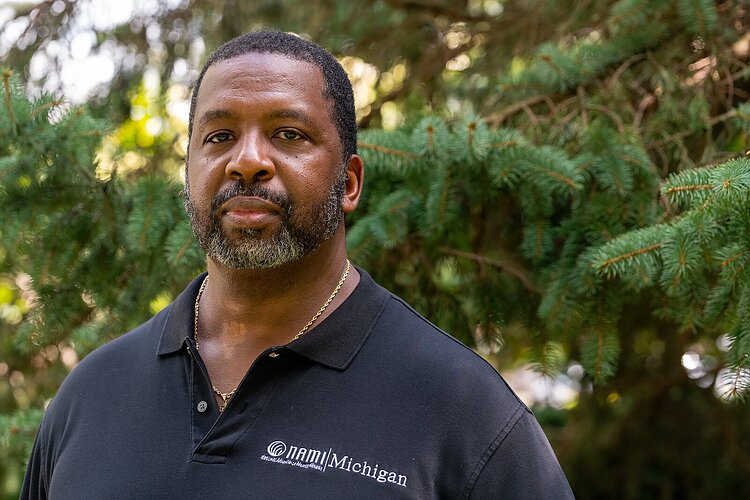
Fewer funds for greater needs
“The funding gap is impacting mental health services significantly,” says Kevin Fischer, executive director, National Alliance on Mental Illness (NAMI) Michigan. “The need for mental health services has increased post pandemic, and for the people who utilize the mental health services provided through a CMH, the need has increased.”
Fischer likens the way the current funding works to going to a buffet.
“It’s a one-size-fits-all pricing or payment schedule,” Fischer says. “The problem is, the need has gone up, so I’m not coming for services once a month. Maybe I’m coming five times a month, but the payment system is still based on that once a month. That puts an incredible strain on the providers to cover the cost of providing services to high utilizers.”
Marriane Huff, president and CEO, Mental Health Association in Michigan, advocates one -on-one for Michiganders in need of mental health services.
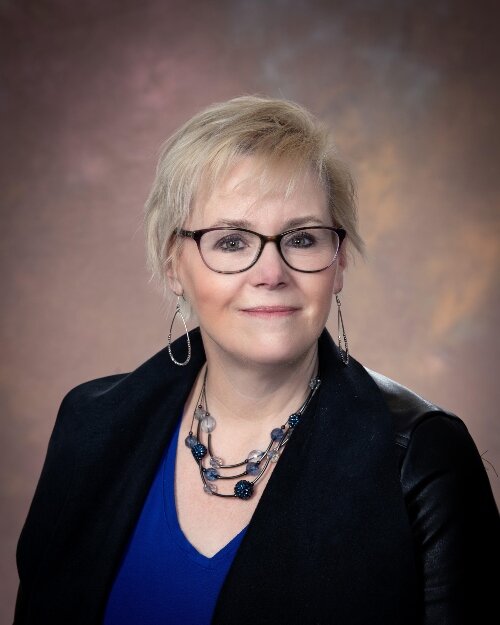
“When the CMH does not have enough funding, then the people don’t get the services,” she says. “What makes it even more difficult for public mental health is because Medicaid is an entitlement, the CMH system has to provide the services, whether they have the money or not.”
Huff gives the example of an adolescent with serious mental health issues being prescribed 25 hours of community living supports a week. While the CMH can authorize the supports, it may be unable to pay staff to provide them.
“When a CMH doesn’t have enough funding, their only options are to cut their own staff salary and benefits or cut rates of reimbursement to the people that they contract with,” Huff says.
Without community living supports, this young person may spiral out of control and end up confined at the hospital emergency room indefinitely, waiting for placement in a residential facility — and the state has an ongoing shortage of residential treatment beds.
“When there’s not enough money, it really makes it difficult for individuals with more significant behavioral health conditions to stay in the least restrictive setting, which is the community,” Huff says. “Also, the solution isn’t just the $93 million to close the gap. It’s also to find out why people who are disabled, aging, or blind are winding up in the wrong type of Medicaid.”
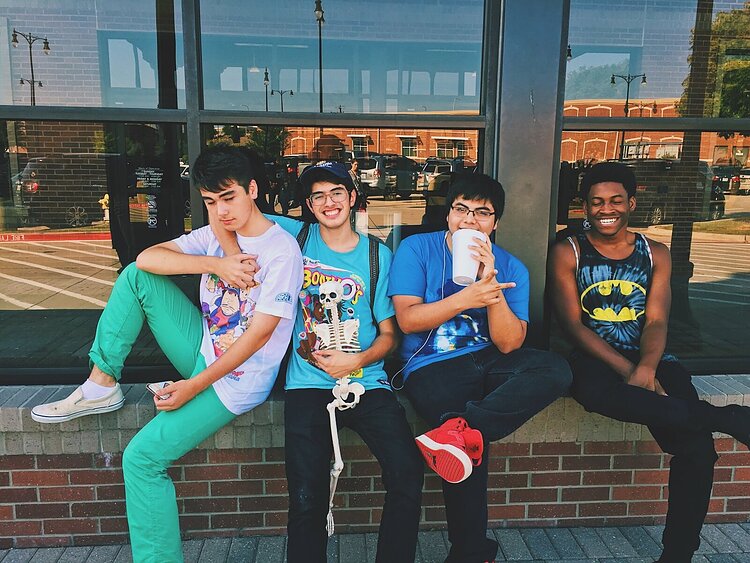
A reasonable solution
While Michigan’s public mental health system revenue has dropped far below what was expected, Sheehan says a remedy exists. CMHA, its members, and allies are recommending that the $93 million revenue gap be closed through the development and payment of retroactively effective, revised, and increased capitation rates.
“By going back and changing the rates, you’re actually making the rates whole, making the CMHs whole, as if we had made those rate adjustments in October 2023,” Sheehan says. “You’re actually going back and paying them. You’re asking, ‘What would it have been?’ and paying them now.”
If the existing, appropriated dollars are not made available to the CMHs, those dollars will be returned to federal coffers at the end of the fiscal year.
Fischer says the solution proposed by CMHA is a good short answer to the funding gap, but what’s truly needed is a longer vision for adequate funding of community mental health services.
“I have great respect for my friends over at MDHHS. But, when I go back over the years, this is not the first time the system has been short funded,” Fischer says. “We always end up being reactive instead of proactive. We need to have a more flexible, more forward-thinking payment system that’s fair to providers, so the providers can keep up with the demand, and we will not continue to run into these shortfalls.”
Estelle Slootmaker spends most workdays as a solutions journalist and book editor. She also writes poetry and has two books of her own underway. You can contact her at Estelle.Slootmaker@gmail.com.
Robert Sheehan photo and Northern Lakes CMHA photo by John Russell.
Kevin Fischer photo by Doug Coombe.
Marianne Huff photo courtesy subject. Lead photo and Danis Russell photo courtesy Genesee Health System. Youth photo Pexels.com.
The MI Mental Health series highlights the opportunities that Michigan’s children, teens, and adults of all ages have to find the mental health help they need, when and where they need it. It is made possible with funding from the Community Mental Health Association of Michigan, Center for Health and Research Transformation, LifeWays, Mental Health Foundation of West Michigan, Northern Lakes CMH Authority, OnPoint, Sanilac County CMH, St. Clair County CMH, Summit Pointe, and Washtenaw County CMH.

